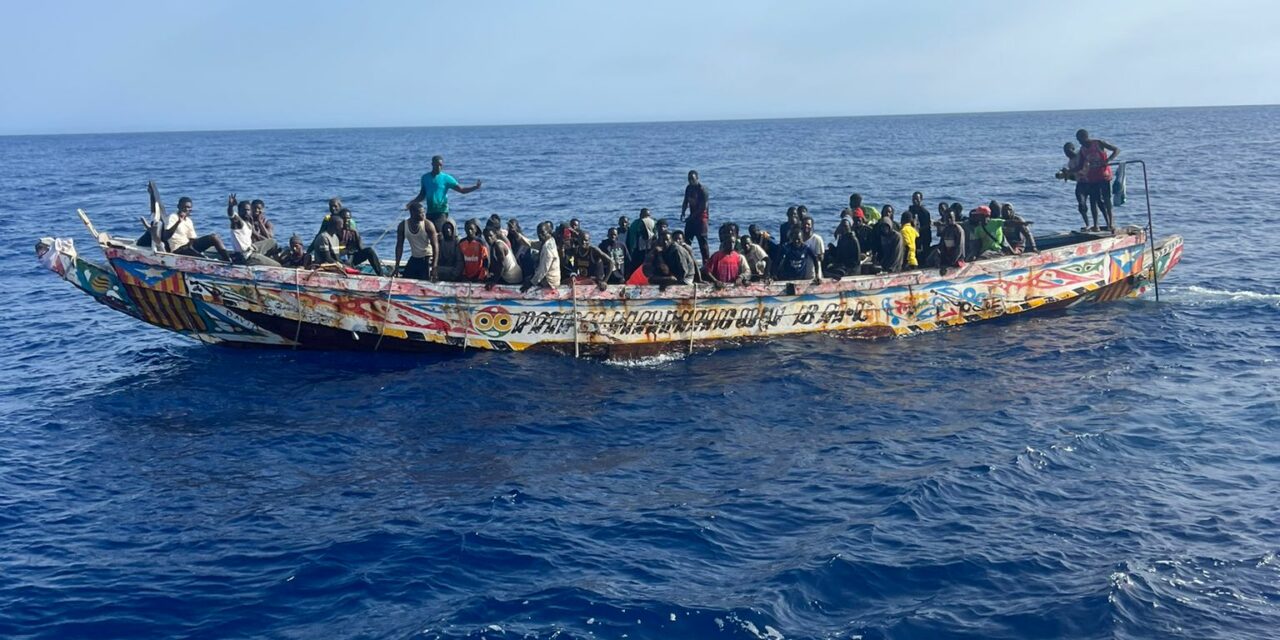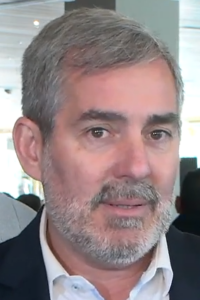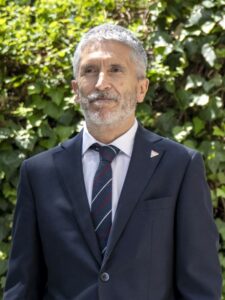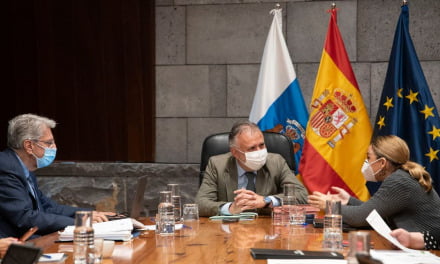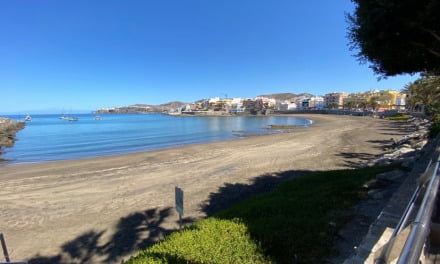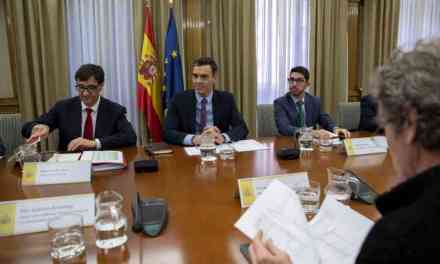Spain’s Interior Ministry, led by Fernando Grande-Marlaska, is preparing a series of return flights to send migrants who have arrived on the islands this year back to Senegal. The first flight is expected to take off before the end of this month. The move comes as the Canary Islands grapple with an unprecedented surge in migrant arrivals, not seen since 2006.
The Spanish Interior Ministry confirmed that they are in the process of organising “a series” of return flights to Senegal. The first of these is slated for departure “before the end of the month.” Over 14,000 migrants had arrived in the Canary Islands this year up until the end of September, 90% of whom are Senegalese. Potential passengers on these flights will include the more than 1,200 migrants who arrived in July and 3,000 in August, along with most of those who have recently arrived on El Hierro island. 4,531 migrants in just the first nine days of October, in just 53 boats, a rate of 503 people per day. Or to put it another way: 21 migrants every hour. According to data from the Government Delegation in the Canary Islands, the total count for the year now reaches 19,507 people.
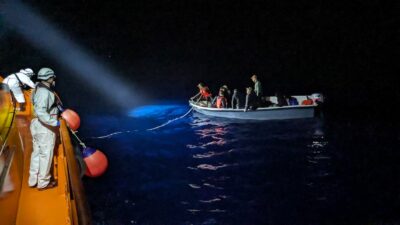 The flights are planned to depart from either Tenerife or Gran Canaria, although the exact number of passengers has yet to be confirmed, at least 30% of the plane’s occupants will be police personnel to ensure safety during the journey, as one officer is deployed for every two migrants being transported in this way.
The flights are planned to depart from either Tenerife or Gran Canaria, although the exact number of passengers has yet to be confirmed, at least 30% of the plane’s occupants will be police personnel to ensure safety during the journey, as one officer is deployed for every two migrants being transported in this way.
The decision to expedite return flights has been influenced by increasing migratory pressures from Senegal and Mauritania due to political instability, poverty, and violence in these regions.
The current wave of migration has been prompted by calm weather conditions in the Atlantic and aggravated by political instability, poverty, and violence in Senegal. Spain has pre-existing repatriation agreements with Senegal and Mauritania, making it possible to return migrants who do not qualify for asylum or are not, like minors the infirm or the elderly, in a vulnerable condition, allowing all others to be put on these flights within 48 hours of a determination being reached. Most of the current arrivals will be sent back on these flights.
One of the main contentions is the legal requirement for unaccompanied minors to be cared for by the regional government where they arrive, a situation that has left the Canary Islands having to care for nearly 3,000 youths. The government are demanding that a new law be put in place compelling other regions of Spain to also take a fair share of these minors.
Meanwhile Tensions Rise Between Canary Islands and Spanish Interior Ministry Over Migrant Crisis
The surge in migrant arrivals has been straining relations between the Canary Islands’ government and Spain’s Interior Ministry. The president of the regional government accuses Madrid of causing an immigration “collapse” while the Ministry claims only through its efforts have irregular entries been substantially reduced, suggesting that, without their actions, instead of 14,976 migrants, there would have been more than 25,000 landing on the Canary Islands already this year.
Fernando Clavijo, the president of the Canary Islands, has criticised the Spanish Interior Minister, Fernando Grande-Marlaska, for his attitude regarding the migrant crisis on the islands, on Monday calling the minister’s comments on the immigration situation on the islands “stupid.”. Clavijo claims that the Ministry’s lack of resource allocation is leading to a situation of “collapse,” particularly on the island of El Hierro. He has demanded a special crisis deployment with leadership from the level of the vice-presidency.
In response, Marlaska has defended his Ministry’s work, while expressing regret for Clavijo’s “thick words”, stating that Clavijo “knows perfectly well that our bilateral collaboration with Mauritania and Senegal has prevented 40% of departures to the Canary Islands.” This Monday, in Brussels, he criticised the president of the Canary Islands, Fernando Clavijo, for dedicating his “energy” to uttering “insults” and “strong words” against his department’s response to migratory pressure in the archipelago, instead of “working” to deal with the situation, stressing that the efforts of his department working with the African countries of origin have prevented more than 11,000 migrants from setting for the Canary Islands this year, in the first place.
“I have been to Mauritania four times and Senegal twice, and we have people working together in Mauritania and Senegal, but there are moments of migratory crisis due to situations of specific instability in these countries that mean we have to redouble our efforts, which is what what we are doing,” the minister summarised.
He further emphasised that the “more than 300” unaccompanied minors who remain in El Hierro continue to be the responsibility of the Canary Islands Regional Government.
The influx of 4,531 migrants in just the last nine days, a rate of arrivals not seen since the 2006 crisis, has led to real concerns about just how many more people might try to make the crossing over the next couple of months. Many agencies and activists have been warning throughout the summer that a surge was expected. Despite this, Marlaska assures that efforts are ongoing to prevent El Hierro from becoming the “new Lampedusa,” referring to the Italian island that has also faced a migrant crisis.
The regional President has been quick to point any blame elsewhere and appears to be at loggerheads with the national Government in Madrid as the crisis worsens, complicating effective responses and straining resources across the Canary Islands. Sooner or later a coordinated response and a collaborative effort will be required to handle the influx of people and the discontent of the local population, the sooner the finger pointing stops the sooner the facts on the ground will begin to be managed effectively.

